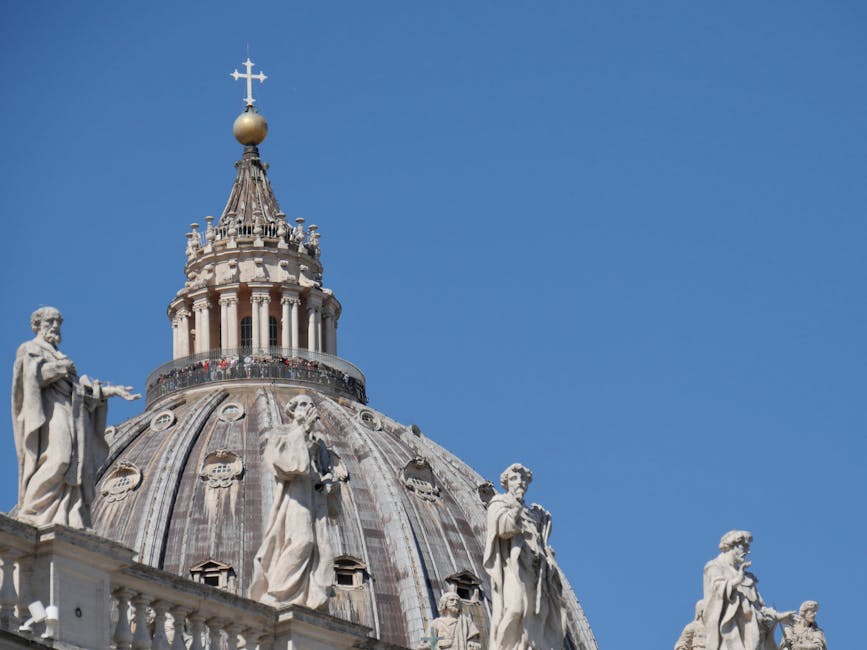[Disclaimer] This article is reconstructed based on information from external sources. Please verify the original source before referring to this content.
Neeews Summary
The following content was published online. A translated summary is presented below. See the source for details.
The death of Pope Francis marks the end of a transformative era in the Catholic Church. As a reformist and a champion of social justice, Pope Francis sought to steer the Church towards greater inclusivity and compassion, particularly for the poor and marginalized. His passing will have a significant impact on the Church and the broader global community, as he was a respected moral and spiritual leader who advocated for peace, reconciliation, and the protection of the environment. The selection of a new pope will be closely watched, as the Church seeks to navigate the complex challenges it faces and chart a course for the future.
Source: Wikinews-de
Our Commentary
Background and Context
Pope Francis, born Jorge Mario Bergoglio, was a towering figure in the Catholic Church who served as the head of the Church and sovereign of the Vatican City State from 2013 until his passing. He was the first non-European pope in over 1,200 years, hailing from Argentina and bringing a unique perspective to the papacy. During his tenure, Pope Francis implemented a new constitution for the Vatican and presided over the 2024 World Synod, which allowed women to participate for the first time, though it did not result in any concrete reforms.
Expert Analysis
Experts and religious leaders around the world have praised Pope Francis for his courageous leadership and his unwavering commitment to the values of the Gospel. The Chairman of the German Bishops’ Conference, Georg Bätzing, described Francis as a “great Pope” and a reformer who was not afraid to challenge the status quo. The designated German Chancellor, Friedrich Merz, also expressed deep sorrow and praised the Pope’s tireless efforts for the weakest in society, justice, and reconciliation.
Additional Data and Fact Reinforcement
According to the report, Pope Francis had been hospitalized in February for a bilateral pneumonia and had previously suffered from other health issues, including a lung infection in 2023 and a stomach operation in 2021. Born in Buenos Aires, Argentina, to Italian immigrant parents, he initially worked as a chemical technician before joining the Jesuit order and being ordained as a priest in 1969.
Related News
The passing of Pope Francis comes at a time of significant change and upheaval within the Catholic Church. In recent years, the Church has faced numerous challenges, including the ongoing clergy abuse scandals, declining church attendance in many parts of the world, and debates over issues such as the role of women and LGBTQ+ individuals in the Church. The selection of a new pope will be closely watched, as the Church seeks to navigate these complex issues and chart a course for the future.
Summary
The death of Pope Francis marks the end of a transformative era in the Catholic Church. As a reformist and a champion of social justice, he sought to steer the Church towards greater inclusivity and compassion, particularly for the poor and marginalized. His passing will have a significant impact on the Church and the broader global community, as he was a respected moral and spiritual leader who advocated for peace, reconciliation, and the protection of the environment. The selection of a new pope will be closely watched, as the Church seeks to navigate the complex challenges it faces and chart a course for the future.


